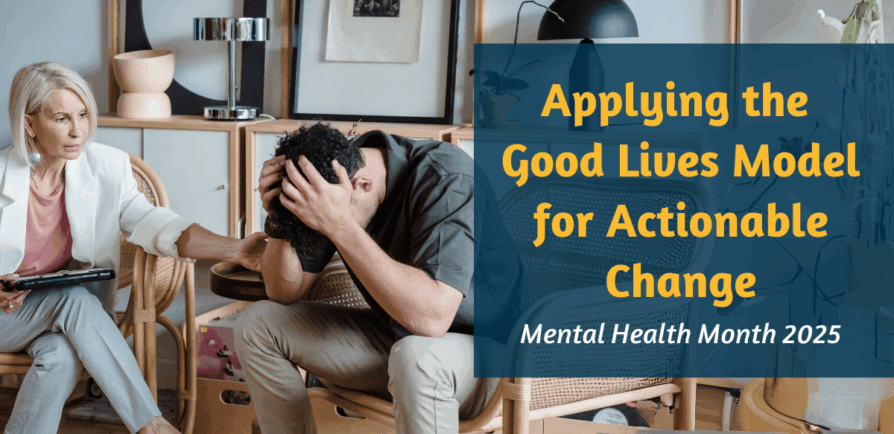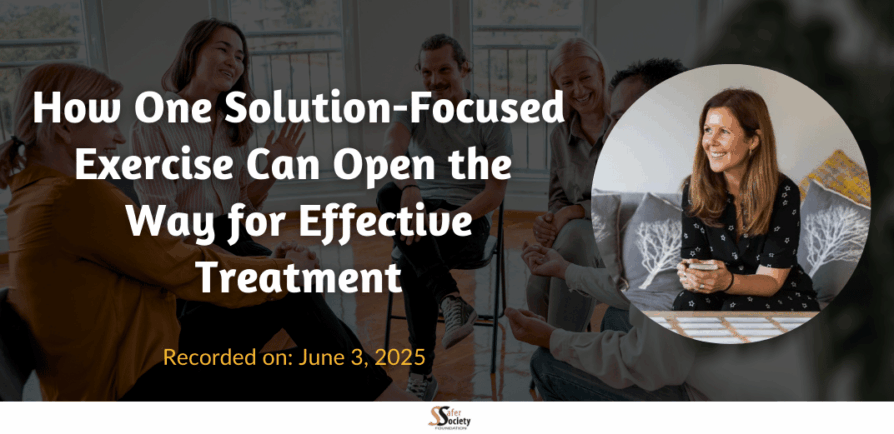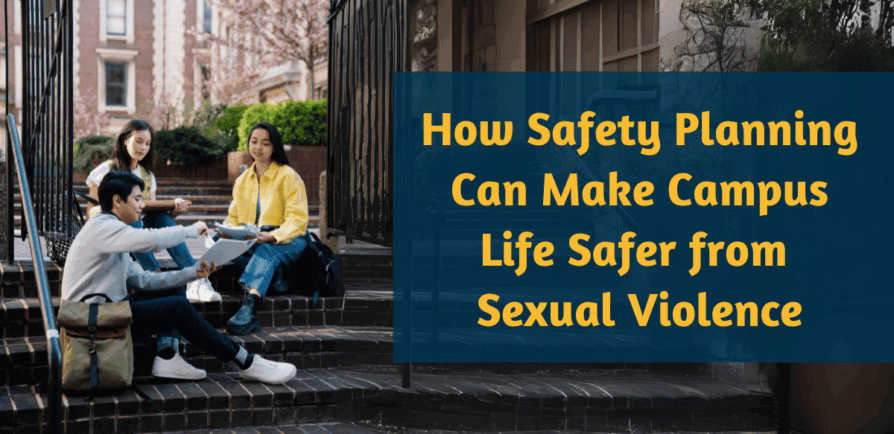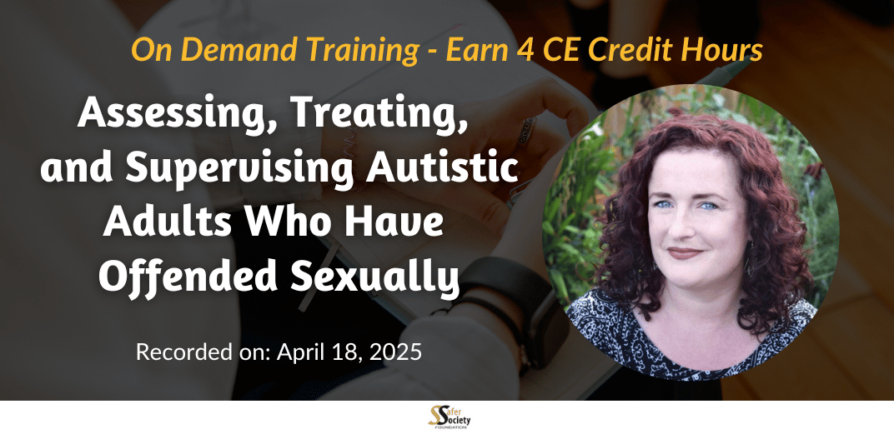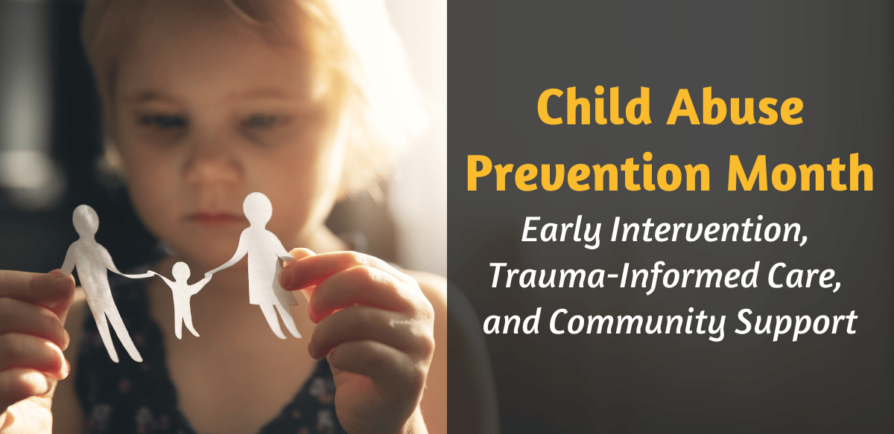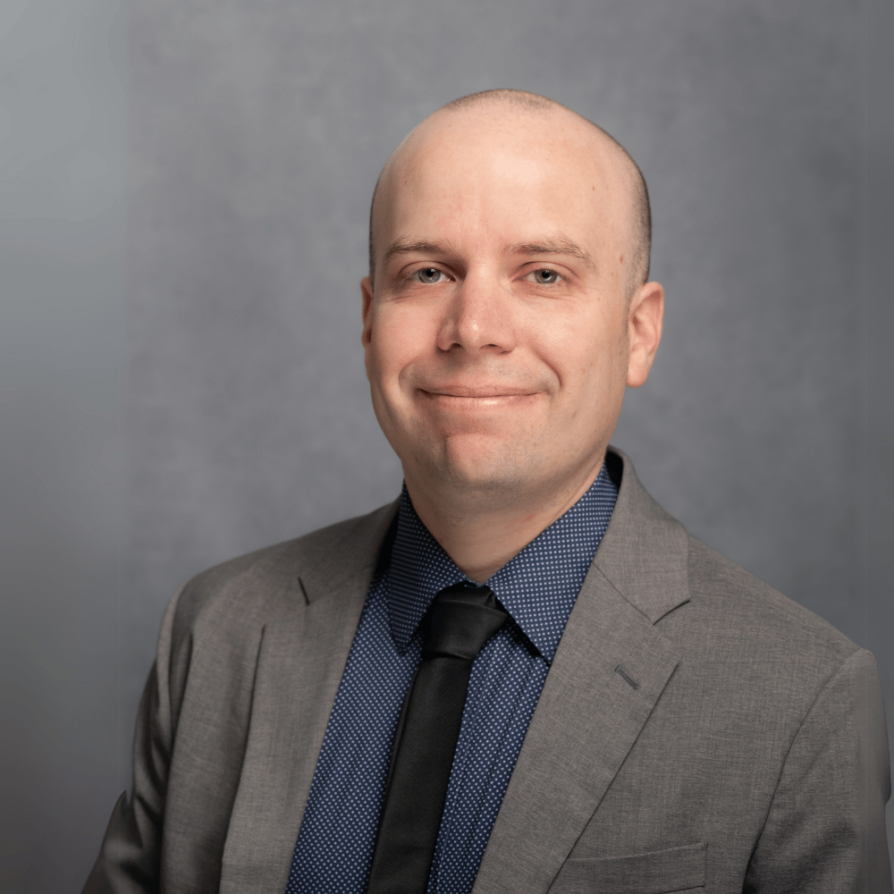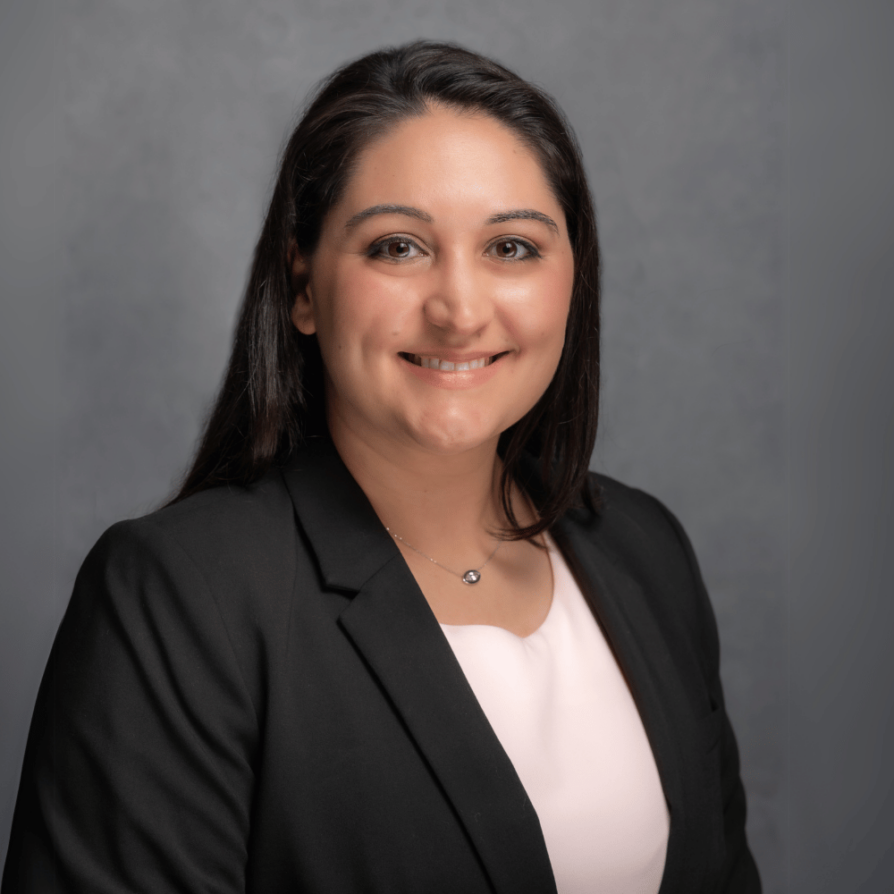May is observed nationally as Mental Health Month, a dedicated time for professionals and communities to focus on promoting wellbeing. This year, Mental Health America …
How Safety Planning Can Make Campus Life Safer from Sexual Violence
April is Sexual Assault Awareness Month, a time for mental health professionals to enhance their understanding of sexual violence while supporting prevention efforts in various …
Supporting Autistic Individuals: Moving from Awareness to Acceptance
April is World Autism Acceptance Month, a time to embrace the diversity and unique contributions of individuals with autism. This year’s theme, “Celebrate Differences,” emphasizes …
Child Abuse Prevention Month: Early Intervention, Trauma-Informed Care, and Community Support
April is National Child Abuse Prevention Month, a time to raise awareness about protecting children and supporting families. Among the many challenges in preventing abuse, …
